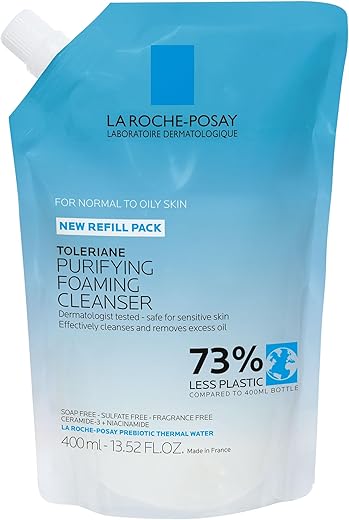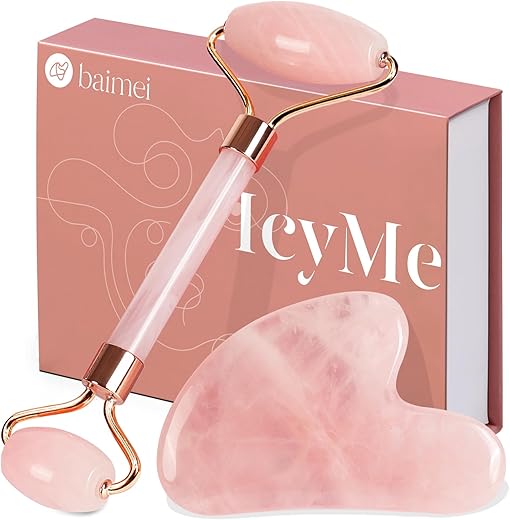
Does BB cream for light coverage provide sun protection?
We all want to achieve that flawless, natural-looking complexion without compromising on sun protection. BB cream, with its promise of light coverage, seems like the perfect solution. But does it really provide the sun protection we need? In this blog post, we will delve into this question and address the concerns of those who are looking for the perfect balance between coverage and sun protection. So, grab a cup of tea and join us on this quest for the ultimate BB cream with sun protection.
Top-Selling BB Creams for Natural, Light Coverage


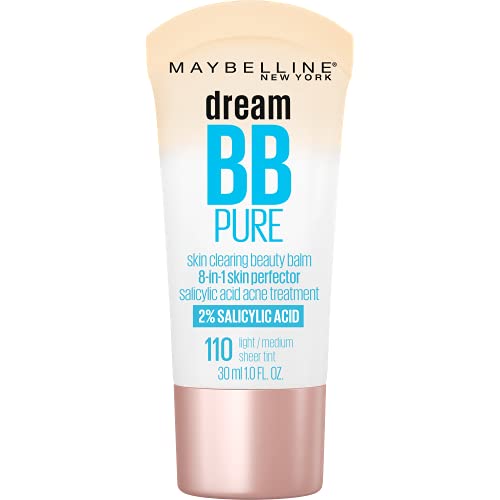


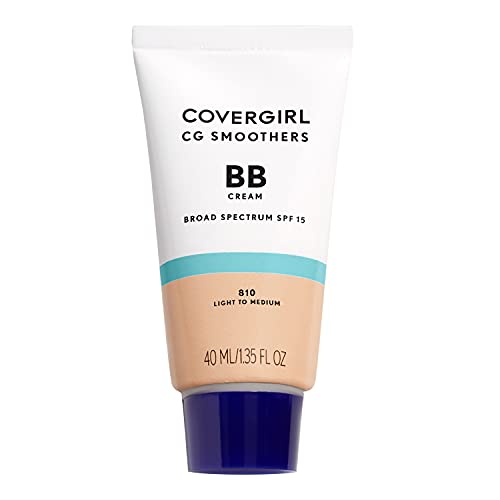
What are BB Creams?
BB creams, also known as beauty balms or blemish balms, are multi-functional skincare products that have gained popularity in recent years. They were originally developed in Germany and then gained popularity in East Asia before becoming a global beauty trend. BB creams are often referred to as a hybrid between skincare and makeup, as they offer a range of benefits in a single product.


How do BB Creams differ from traditional foundations or tinted moisturizers?
BB creams differ from traditional foundations and tinted moisturizers in terms of their formulation, coverage, and additional skincare benefits. Here are the key differences:
Formulation
- BB creams have a lighter texture compared to traditional foundations, making them more suitable for everyday use.
- They are often infused with skincare ingredients such as antioxidants, vitamins, and sunscreens, providing added benefits for the skin.
Coverage
- BB creams generally provide lighter coverage compared to traditional foundations, resulting in a more natural and dewy finish.
- They are designed to even out skin tone, cover minor imperfections, and give a healthy glow to the skin, without the heavy feel of a full-coverage foundation.
Skincare Benefits
- One of the main advantages of BB creams is their additional skincare benefits. They often contain ingredients like hyaluronic acid, niacinamide, or peptides, which can hydrate the skin, reduce redness, and improve skin texture over time.
- Some BB creams also offer sun protection with SPF, which is beneficial for daily use and can help prevent premature aging caused by UV exposure.
The Typical Level of Coverage
BB creams usually provide light to medium coverage, depending on the specific product. Here are some key points to consider:
- Light Coverage:
- BB creams with light coverage are ideal for those with relatively clear skin who want to even out their complexion and achieve a natural, no-makeup look.
- They are great for everyday wear, especially if you prefer a more minimal makeup look or if you’re in a hurry and need a quick, effortless application.
- Light coverage BB creams are particularly suitable for those with dry or normal skin types, as they can provide hydration and a radiant finish.
- Medium Coverage:
- Some BB creams offer a slightly higher level of coverage, making them suitable for those with minor blemishes, redness, or discoloration.
- These BB creams can help achieve a more polished look without feeling heavy on the skin, making them a popular choice for those who want a natural-looking base with some added coverage.
It’s worth noting that if you have specific skin concerns or prefer heavier coverage, you may need to layer a concealer or foundation on top of your BB cream to achieve the desired result.
Benefits of BB Creams
BB creams offer several benefits that make them a popular choice among beauty enthusiasts. Here are some key benefits:
- Time-saving: BB creams combine multiple steps into one, simplifying your beauty routine and saving you time in the morning.
- Lightweight: The lighter texture of BB creams makes them more comfortable to wear, especially during warmer months or for those who prefer a more natural feel.
- Skincare benefits: The added skincare ingredients in BB creams can help improve the overall condition of your skin over time, making them a great option for those who want to enhance their skincare routine.
- Natural finish: BB creams provide a more natural, dewy finish compared to traditional foundations, giving you a healthy glow without looking overly made up.
The Importance of Sun Protection
Protecting our skin from the sun’s harmful rays is not just a matter of vanity, but a crucial step in maintaining overall skin health. Sun protection should be an essential part of our daily skincare routine to prevent skin damage, premature aging, and reduce the risk of skin cancer. In this blog post, we will explore the significance of sun protection and the role of SPF (Sun Protection Factor) in safeguarding our skin.


The Harmful Effects of Sun Exposure
Excessive sun exposure can have detrimental effects on our skin. Here are some of the potential risks:
- Skin Cancer: Prolonged exposure to ultraviolet (UV) radiation from the sun can increase the risk of developing skin cancer, including melanoma, the deadliest form of skin cancer.
- Premature Aging: The sun’s UV rays accelerate the natural aging process, causing wrinkles, fine lines, age spots, and uneven skin tone.
- Sunburn: Sunburn is a visible sign of skin damage caused by overexposure to UV radiation. It can be not only painful but also increase the risk of skin cancer.
- Weakened Immune System: UV radiation suppresses the immune system, making the skin more vulnerable to infections, diseases, and slower wound healing.
The Role of SPF
SPF, or Sun Protection Factor, is a measure of how well a sunscreen protects the skin against UVB radiation, the primary cause of sunburn. Here’s why SPF is crucial for effective sun protection:
- UVB Protection: SPF shields the skin from UVB rays, which are responsible for sunburn and play a significant role in the development of skin cancer.
- Sunburn Prevention: Using sunscreen with a higher SPF reduces the likelihood of sunburn. For example, an SPF 30 sunscreen allows you to stay in the sun 30 times longer without burning compared to no sunscreen at all.
- Skin Damage Reduction: By blocking UVB rays, SPF helps prevent premature aging, wrinkles, and age spots caused by sun exposure.
Choosing the Right Sunscreen
Not all sunscreens are created equal. When selecting a sunscreen, consider the following factors:
- Broad Spectrum: Look for a sunscreen labeled as “broad spectrum,” as it protects against both UVA and UVB rays. UVA rays can cause long-term damage, including premature aging and skin cancer.
- SPF 30 or Higher: Opt for a sunscreen with an SPF of 30 or higher to ensure adequate protection. Higher SPF provides greater protection against UVB rays.
- Water-Resistant: If you plan to participate in water activities or perspire heavily, choose a water-resistant sunscreen to maintain protection.
- Reapplication: Remember to reapply sunscreen every two hours or immediately after swimming or excessive sweating to maintain its effectiveness.
Additional Sun Protection Tips
While sunscreen is an essential part of sun protection, there are other measures you can take to shield your skin from harmful UV radiation:
- Seek Shade: Limit your time in the sun, especially during peak hours between 10 am and 4 pm when the sun’s rays are the strongest.
- Protective Clothing: Wear protective clothing, such as long-sleeved shirts, wide-brimmed hats, and sunglasses with UV protection.
- Avoid Tanning Beds: Tanning beds emit harmful UV radiation, which can increase the risk of skin cancer and accelerate aging.
- Regular Skin Checks: Perform regular self-examinations of your skin to detect any changes or signs of skin cancer early.
BB Creams with Sun Protection
In recent years, BB creams have gained immense popularity in the beauty industry due to their ability to provide multiple benefits in a single product. One of the most sought-after features of BB creams is their sun protection capabilities. In this blog section, we will delve into the world of BB creams with sun protection, exploring their ingredients, SPF levels, and effectiveness in shielding against harmful UV rays.


Understanding the Ingredients
BB creams with sun protection typically contain a combination of ingredients that work together to safeguard your skin from the sun’s harmful rays. Some common ingredients you may come across include:
- Titanium Dioxide: This mineral ingredient acts as a physical sunscreen by reflecting UV rays away from the skin.
- Zinc Oxide: Similar to titanium dioxide, zinc oxide is a physical sunscreen that forms a protective barrier on the skin to block UV rays.
- Chemical Filters: These ingredients, such as avobenzone, octinoxate, and octocrylene, work by absorbing UV radiation and converting it into heat, effectively protecting your skin.
While these ingredients provide varying levels of sun protection, it is important to note that their effectiveness can be influenced by factors such as application method, concentration, and formulation. Always ensure you follow the instructions provided by the manufacturer for optimal protection.
Evaluating SPF Levels
The Sun Protection Factor (SPF) is a measure of a product’s ability to shield your skin from UVB rays, which are primarily responsible for sunburns. When choosing a BB cream with sun protection, it is crucial to consider its SPF level. Here are some common SPF levels you may encounter:
- SPF 15: Provides moderate protection against UVB rays, allowing you to stay in the sun 15 times longer before getting sunburned compared to unprotected skin.
- SPF 30: Offers high protection against UVB rays, allowing you to stay in the sun 30 times longer before getting sunburned compared to unprotected skin.
- SPF 50: Provides very high protection against UVB rays, allowing you to stay in the sun 50 times longer before getting sunburned compared to unprotected skin.
It is important to remember that no matter the SPF level, it is advisable to reapply BB cream with sun protection every two hours, or more frequently if you are sweating or swimming, to maintain its effectiveness.
Effectiveness in Shielding Against Harmful UV Rays
When it comes to evaluating the effectiveness of BB creams with sun protection, it is essential to understand that they primarily shield your skin from UVB rays. However, it is equally important to protect your skin from UVA rays, which are associated with premature aging and skin damage. Look for BB creams that offer broad-spectrum protection, as they shield against both UVA and UVB rays.
To help you make an informed choice, here are some key points to consider:
- Look for BB creams with a minimum SPF of 30 to ensure adequate protection against UVB rays.
- Choose products that offer broad-spectrum protection to guard against both UVA and UVB rays.
- Consider your skin type and personal preferences when selecting a BB cream with sun protection. Some BB creams are formulated to suit oily or acne-prone skin, while others are designed for dry or sensitive skin.
- Always read customer reviews and testimonials to get an idea of how well a particular BB cream with sun protection works for others.
Comparison Table
To summarize the key details and benefits of BB creams with sun protection, here is a comparison table:
| BB Cream | SPF Level | Protection Against | Skin Type |
|---|---|---|---|
| Product A | SPF 30 | UVA & UVB | All skin types |
| Product B | SPF 50 | UVA & UVB | Oily skin |
| Product C | SPF 15 | UVB | Sensitive skin |
| Product D | SPF 30 | UVA & UVB | Dry skin |
Remember, this table serves as a guide, and you should always consider your unique skin needs and preferences when selecting a BB cream with sun protection.
In conclusion, BB creams with sun protection offer a convenient way to achieve a flawless complexion while safeguarding your skin from harmful UV rays. By understanding the ingredients, SPF levels, and overall effectiveness of these products, you can make an informed choice that suits your skin type and requirements. Stay protected and enjoy the benefits of a multitasking beauty product like BB cream with sun protection.
The verdict: BB cream with light coverage offers limited sun protection
In summary, BB creams with light coverage can provide sun protection, but it is crucial to pay attention to the SPF level, skin type, and personal preferences. It is advisable to select a BB cream with an appropriate SPF rating and use additional sun protection methods when needed.
Frequently Asked Questions about BB Cream for Light Coverage
What level of sun protection does BB cream for light coverage offer?
BB cream typically offers a level of sun protection that ranges from SPF 15 to SPF 30.
Does BB cream for light coverage contain SPF to provide sun protection?
Yes, BB creams for light coverage often contain SPF (sun protection factor) to provide sun protection. However, it is important to check the specific product label or description to confirm the SPF level, as different brands or formulations may vary in terms of sun protection.
Is it necessary to apply an additional sunscreen when using BB cream for light coverage?
Yes, it is necessary to apply an additional sunscreen when using BB cream for light coverage. While BB creams typically contain some sun protection factor (SPF), the amount may not be sufficient to provide adequate protection against harmful UV rays. To ensure proper sun protection, it is recommended to apply a broad-spectrum sunscreen with a minimum SPF of 30 before using BB cream. This helps to safeguard the skin from potential damage caused by UVA and UVB rays, reducing the risk of sunburn, premature aging, and skin cancer.
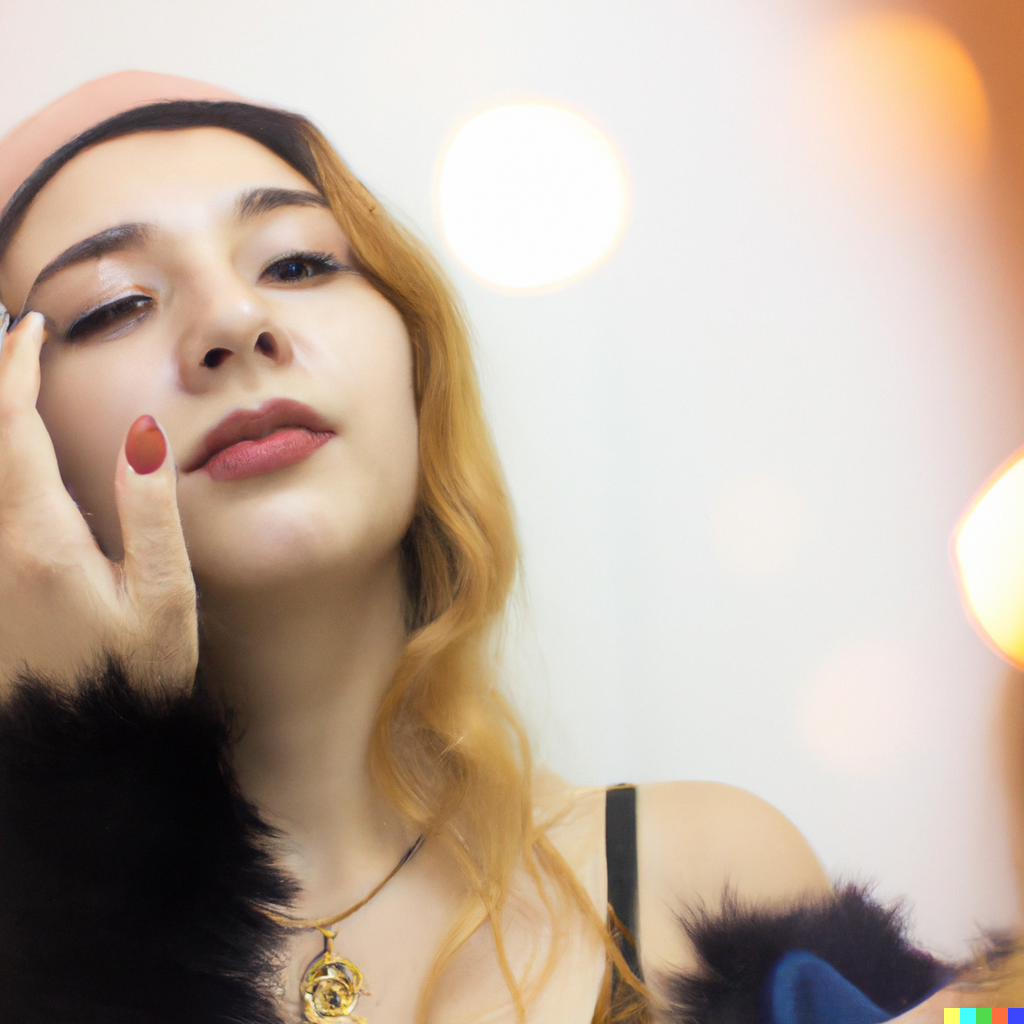
Hey, I’m Ava Wilson—a skincare enthusiast and a certified esthetician. I’m dedicated to sharing my knowledge and empowering others to achieve healthy, glowing skin through simple, effective routines and natural remedies. Join me on this exciting skincare journey, and let’s unlock your skin’s potential for a confident, beautiful you.


